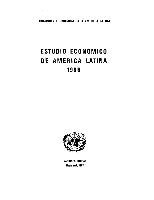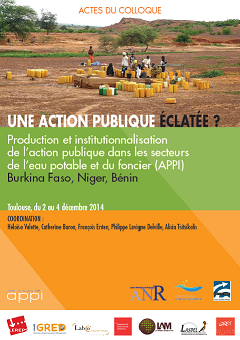Land tenure security for women: A conceptual framework
While strengthening women’s land rights is increasingly on national and international agendas, there is little consensus on how to understand women’s tenure security. Analyses of women’s land rights often use very different definitions of land rights, from formal ownership to women’s management of plots allocated to them by their husbands. This paper identifies aspects of women’s tenure that should be included in indicators. It then provides a conceptual framework to identify the various dimensions of women’s land tenure security and the myriad factors that may influence it.




